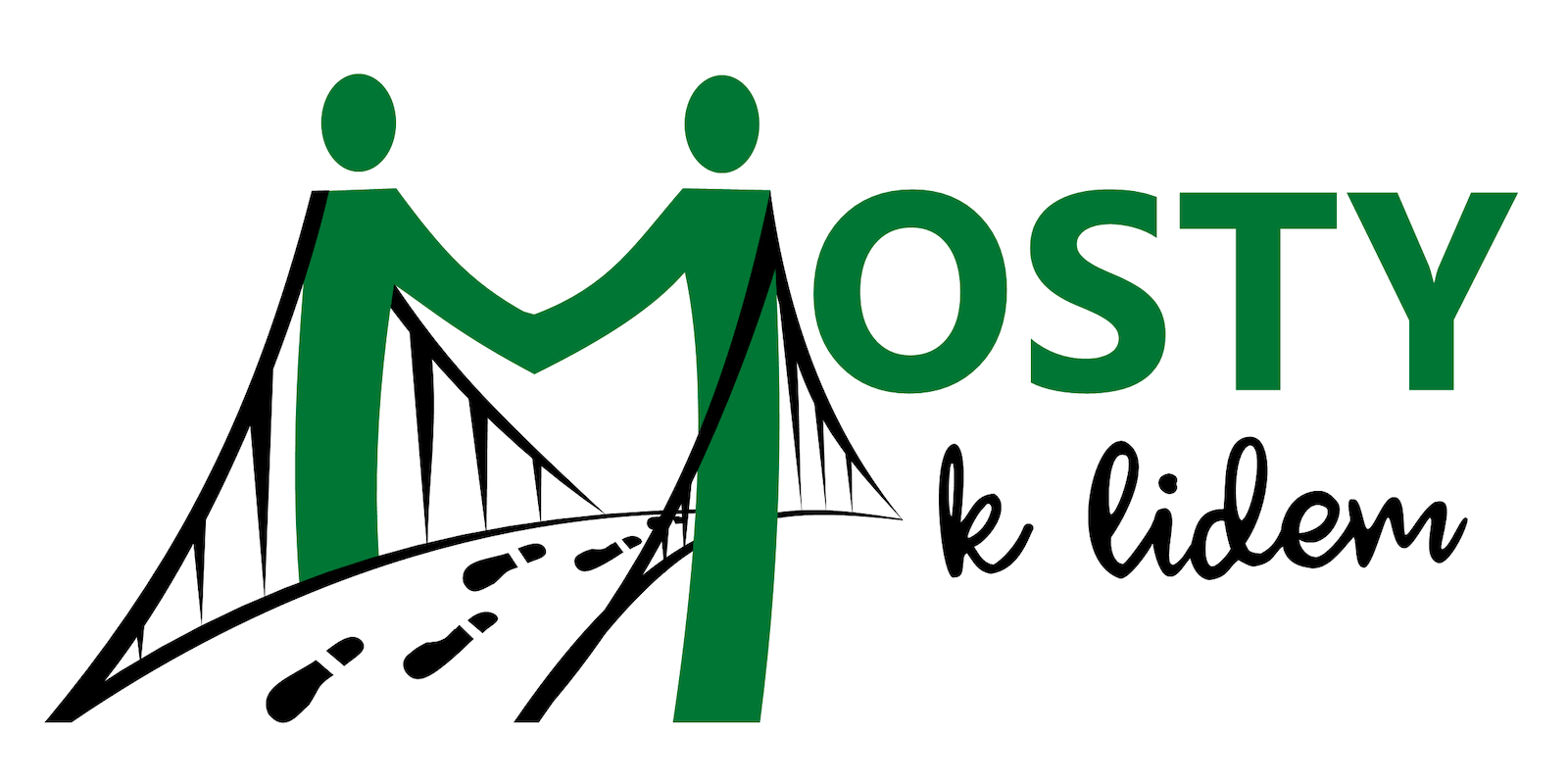B05 Our Language Is an Obstacle
List of the Online Lessons: A B C D E F G H
B05 Our Language Is an Obstacle
In addition to completely unnecessary barriers we have in ourselves, we often build even more unnecessary barriers in our friends, with whom we would joyfully share Jesus. Surprisingly, one such barrier is our vocabulary. What will your „George“ remember when you tell him that you are a „Christian“? What does „Christianity“ mean to him? Or „prayer, to pray“? What if you come to the concept of „sin, confess sins,“ or „repentance“, „salvation“? How will your George respond if you challenge him „believe!“ I consider it highly probable that under each of these statements he imagines something substantially different than what you mean or how the Bible uses the terms.
As I compiled a table of how my important words were understood by my George, it was clear that this repelling language was one of the first and biggest reasons why he was not interested in my message. My George has each of these words in his head in the box „religion“, or „boredom“ or „disinterest“. I used to „explain“ the terms from my Christian language to him. And the explanation used to be another killer of my spiritual conversations! Gradually, I tried to replace those words with ordinary Czech statements. And suddenly it turned out that none of this is a problem.
For example, instead of „Christianity“, which my George understands as „one of many religions“, I say „friendship with Jesus“. „Sins“, which my George perceives as „what the church does not like,“ or „something against the Bible,“ I simply replace with „bad things“. „Believe“, which my George took in the sense: „Become a member of the church,“ I exchanged for „start talking to Jesus.“ Instead of the verb „I pray“, which for my George would mean that I „recite something“ I prefer to look at the ceiling and say, „Jesus, thank you for being here with us; please help George in the situation he is dealing with.“ This simple authentic sentence (without the „amen“ at the end!) represents for my George much more than explaining what „prayer“ means, or than inviting him to „pray“ himself.
Of all the Christian „technical terms,“ I have only two words left that I really cannot get rid of: „Jesus“ and the „Bible“. But also these I place in a context for which my George does not have a „box“ in her head. For example, the statement „I drive a car and talk to Jesus,“ usually arouses attention and questions in my Georges. That’s exactly what I want! I present the Bible in context: “Have you ever tried reading the Bible, yet? You have to try! I guarantee, you will be interested.
Extensive experience teaches me that Christian language is often a huge and completely unnecessary obstacle to connecting with my George. I have noticed that Christianeese is a huge obstacle not only for the unbelievers, but in the first place for „believers“ themselves! It feels strange for them to use such vocabulary in contact with people out there, and that is why they say nothing…!
Can I have a little homework for you? For each of the strange words that repel the ordinary people, find your simple Czech (or Slovak) substitute, which you will use with joy and good pride when meeting your George.
I recommend: really make a TABLE:
−The first column: classical Christian term.
−The second column: how your George understands it (ask him how he understands it!).
−The third column: Your new wording to avoid the Christian term and to briefly state its basic meaning.
Please take the challenge! I assure you that then you will be much more free and, above all, more effective in your sharing of Jesus…
Lord Jesus, thank you for speaking our ordinary language here on earth, and for using images of everyday life that we can still understand well.
Here is an example of my Christianeese translation table
Download the table and learn to say individual words from Christianeese in normal way.


